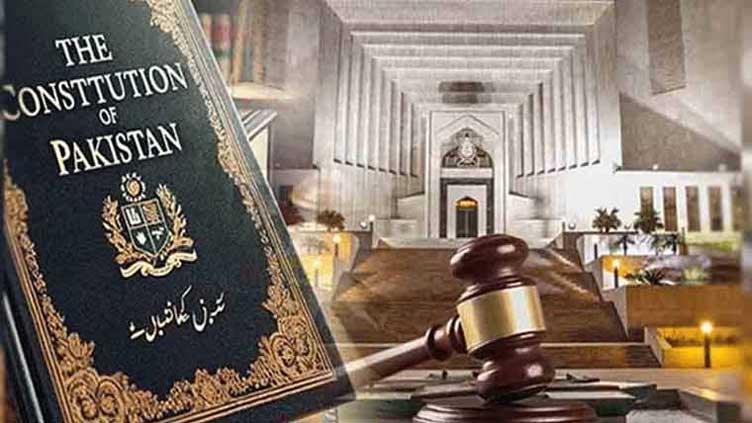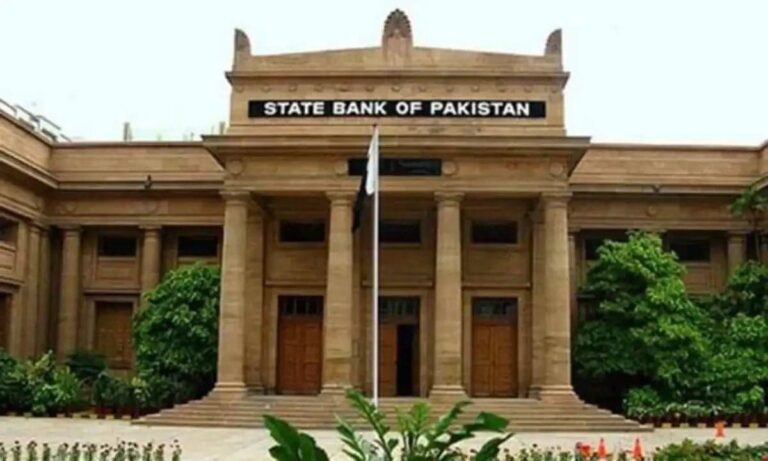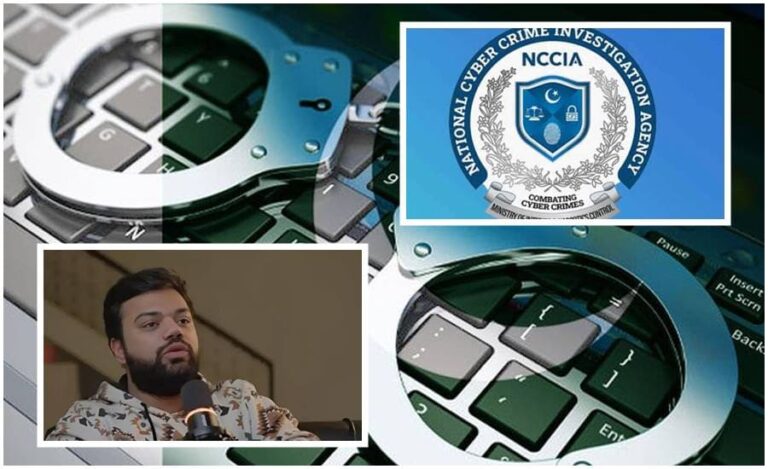
ISLAMABAD – As constitutional amendments are making news across the media, a petition landed in Supreme Court, seeking to halt what is being described as an “unprecedented assault” on the independence of Pakistan’s superior judiciary.
The petition, filed on Friday by Barrister Ali Tahir, ignited a fierce debate over fears that the amendment could roll back historic judicial powers granted under the 18th Constitutional Amendment and pave the way for the creation of new “Constitutional Courts” that might sideline the Supreme Court and high courts.
According to petition, reports suggest that government’s plan involves transferring or limiting the existing jurisdiction of the superior courts under Articles 184(3) and 199 of the Constitution, provisions that empower the judiciary to intervene in matters of public importance and protect fundamental rights.
Barrister Tahir accused state of attempting to “dismantle the constitutional framework” and “destroy the independence of the judiciary” through these proposed changes. He warns that such moves would violate the separation of powers, erode citizens’ right to justice, and cripple the Supreme Court’s constitutional authority.
The petition names Federation of Pakistan, Senate chairperson, and National Assembly speaker as respondents, urging the apex court to strike down any proposal or measure legislative or otherwise that tampers with judicial powers.
The plea further asserts that Supreme Court’s original jurisdiction under Article 184(3) is an “inviolable and non-amendable feature” of the Constitution’s basic structure and cannot be touched by any government, parliament, or executive action. Establishing a parallel “Constitutional Court,” it warns, would be blatantly unconstitutional and in direct conflict with Articles 175 to 191, which define the judiciary’s structure and authority.
Tahir urged the Supreme Court to bar all state organs including the federal government and Parliament from advancing any bill or proposal that seeks to curtail the powers of the judiciary, whether through the 27th Amendment or any other legal maneuver.
He further called on the court to declare void ab initio any constitutional amendment that attempts to subordinate the judiciary to the executive or legislature, arguing that such actions would shatter the supremacy of the Constitution itself.
Demanding immediate judicial intervention, the petitioner requested the Supreme Court to restrain Parliament and all government bodies from introducing, debating, or voting on any version of the 27th Amendment until the case is fully adjudicated. Any move in violation of such an order, he said, should be declared unconstitutional and set aside.
The petition emphasizes that the Supreme Court and high courts remain the sole repositories of judicial power in Pakistan, and their jurisdiction, composition, and independence cannot be diluted or restructured by any organ of the state.
Asserting the apex court’s role as the “ultimate guardian of the Constitution,” Barrister Tahir appealed for interim orders to preserve the judiciary’s independence and authority during the case’s pendency, warning that failure to act could irreversibly alter Pakistan’s constitutional balance.
27th amendment approval delayed as federal cabinet meeting postponed






